Very few words about very long stories.
- Let's talk about reviews and writing first. Two things:
- 1. I review novels I have enjoyed reading. If I did not enjoy reading it, I usually don't review it. I may have issues with themes, plots, characters, but I may still like the book. I do not trash writers, stories, writing. I find nasty reviews are covers for bad critical writing skills. If you know how to write, you know how to say something without being nasty. Otherwise, don't write.
- 2. I do not write more than quick summary of plot. I like to talk about the energy of a book. What made it work. What themes the author touched upon. Character development. Did I learn something? Etc.
|
|
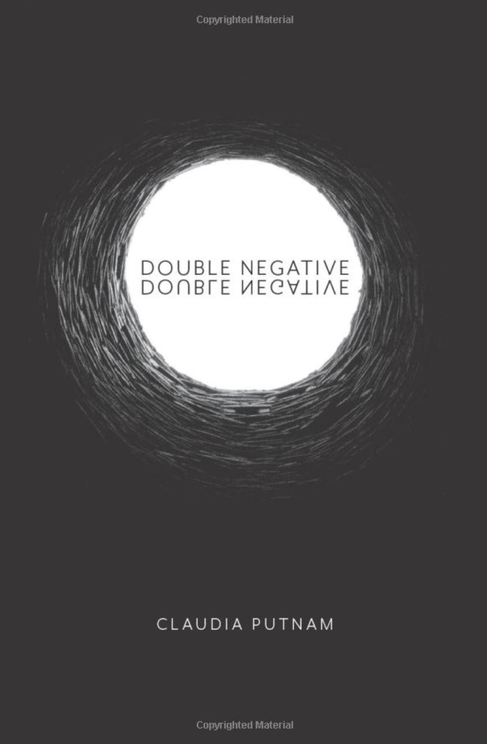
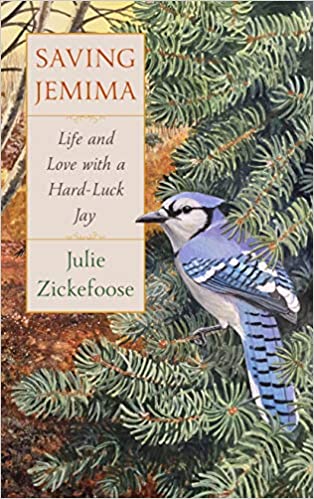
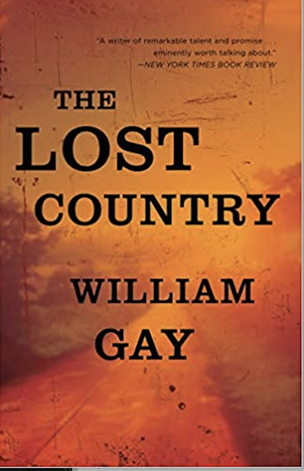
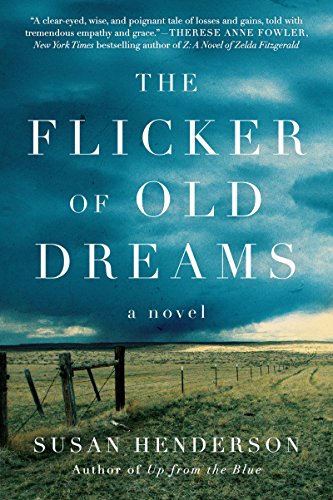
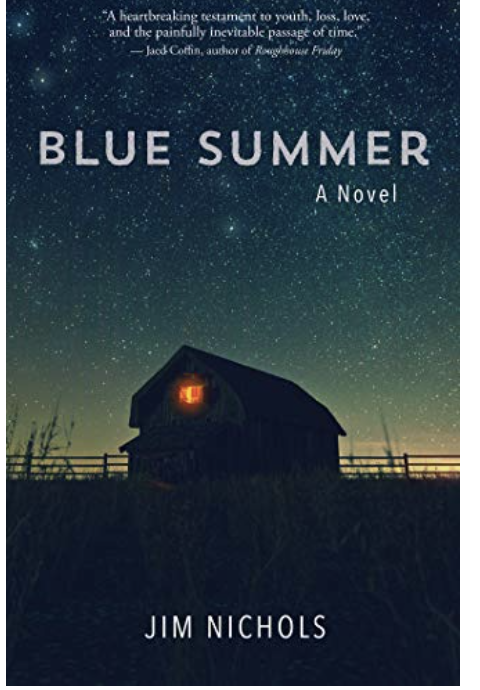
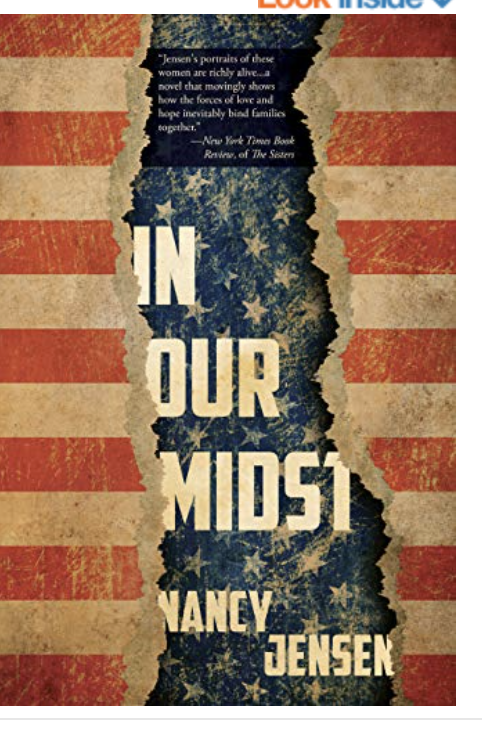
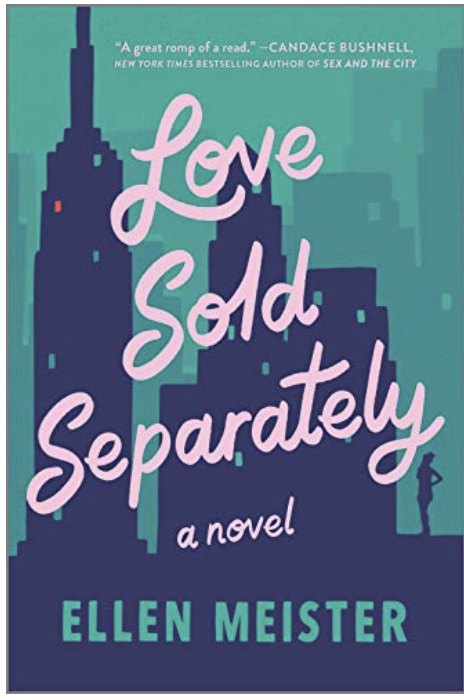

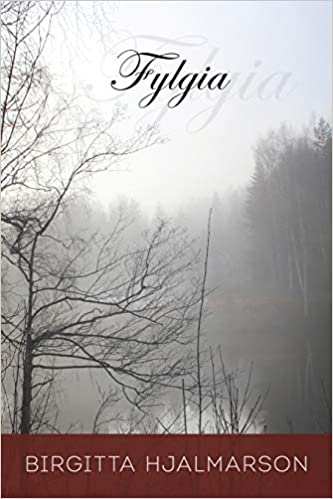
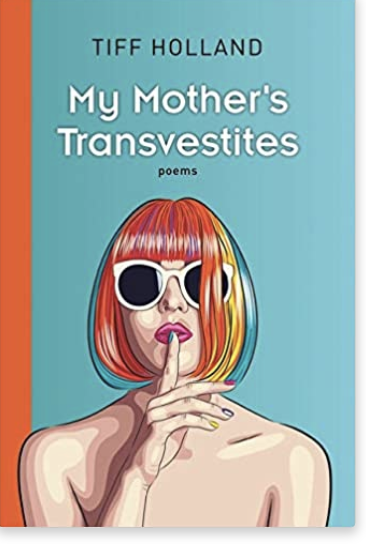
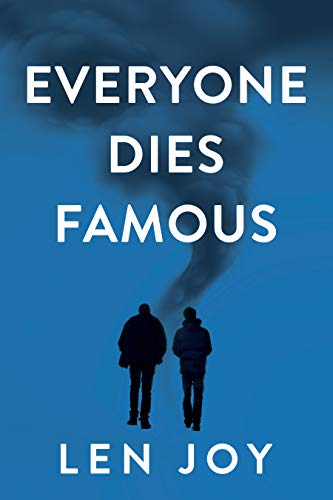
 RSS Feed
RSS Feed